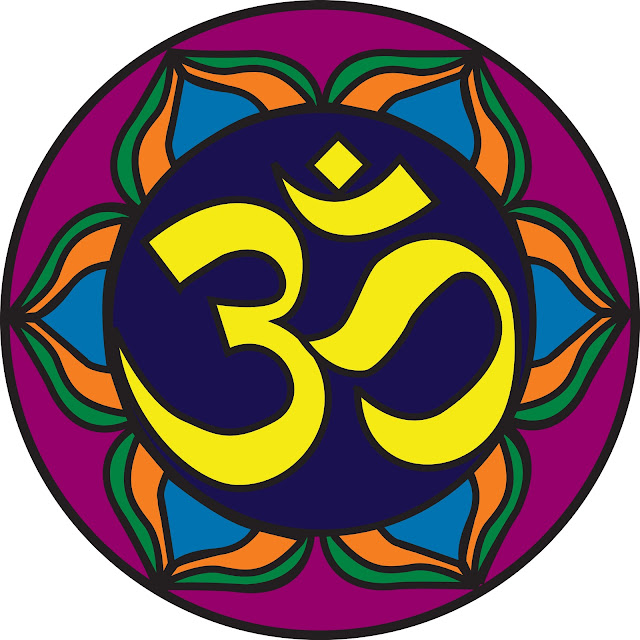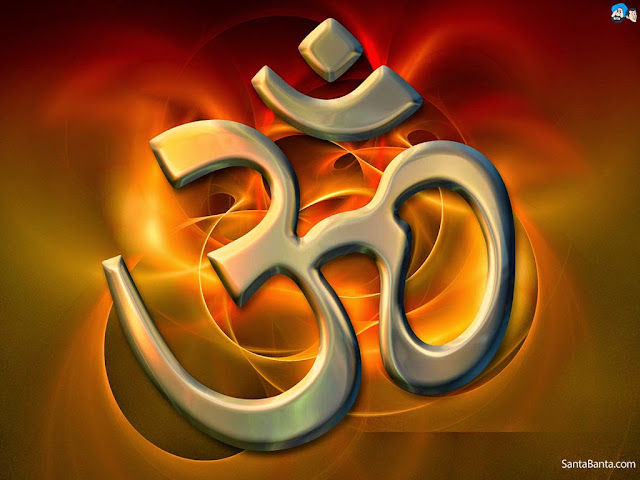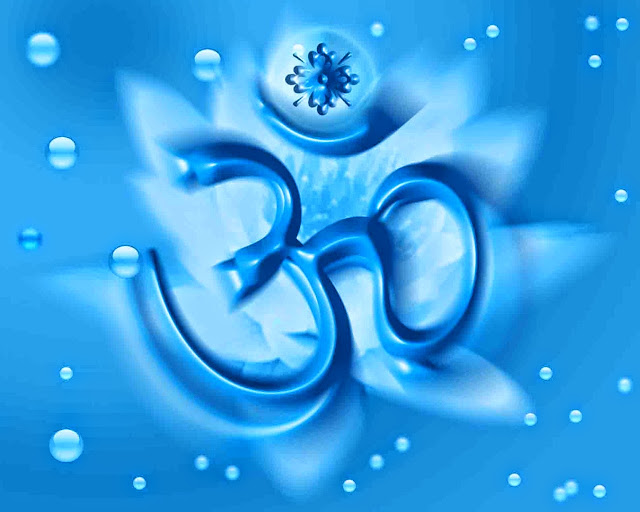The Realisation of the Absolute :2.(a).9.

The Realisation of the Absolute : Chapter-2.The Nature of the World (a).The Dissertation on Experience-9. That One Experience is diversely felt as variety, and is fictitiously termed as either this or that, and of this nature or of that. The form of the world is found to be a magical appearance when subjected to the test of severe discrimination. The world and the Atman or Brahman neither exclude nor include each other, but are non-related, for relation is possible only between two demarcated objects, and the possibility of duality or any relation is annulled in the being that is "one alone without a second". Pure Experience is attributeless, and all "existence" is "experience". Ethical virtues and immoral vices are the effects of the different mental modes reacting variegated to the one changeless consciousness in different ways, leading respectively to the experience of es of Unity-consciousness and diversity-delusion. All ou...










.jpg)
.jpg)
